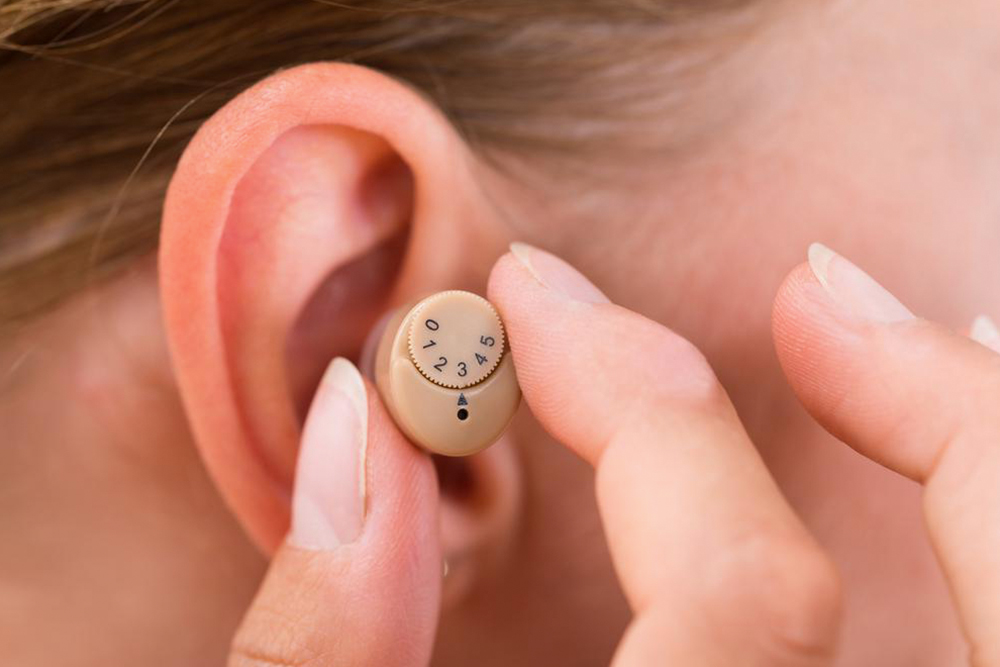All about Medicare Hearing Aids Coverage
Medicare is a health insurance plan in the country offered by the federal government. It is for the elderly (those who are 65 years of age and older) and for people with end-stage kidney disease or some young people who have disabilities.
In terms of health coverage, Medicare plans can seem very complicated. Medicare offers several types of plans and each plan includes and excludes certain services. To know if there are any Medicare hearing aids insurance plans for people with hearing loss, the best you can do is to find out about all Medicare coverage plans and if you qualify for any insurance benefits.

In general, hearing aids are not covered by Medicare. The Lowdown on Medicare Hearing Aids Coverage.
Here are some facts about Medicare hearing aids coverage for individuals.
• Medicare Part B is a medical insurance plan. It covers cost of medical supplies, outpatient care and some doctors’ services. So, if your doctor orders tests for hearing, Medicare covers the costs. For instance, if you are injured and the doctor needs to perform a diagnostic hearing exam, then you get some coverage under your insurance plan.
• However know that the concerned doctor must be a participant of the Medicare insurance program for you to get any coverage. And that’s it. If your diagnostic test reveals hearing loss or impairment, you don’t get any further coverage under Medicare.
• You get better Medicare hearing aids coverage benefits if you opt for Medicare Part C. Also known as Medicare Advantage Plans, this type of Medicare insurance is offered by private insurance companies. These companies have a contract with Medicare to offer different types of schemes. Depending on your insurance plan you can get benefits for routine hearing checkups and also for hearing aids. But before you finalize your advantage plan, find out in details if you are getting benefits for all your hearing health needs. Clearly assess your needs for regular hearing exams and hearing aids. Then make sure your hearing aid costs are fully or at least partially covered.
Medicare and Other Insurance Plans for Hearing Aids
Since Medicare hearing aids coverage is not all that great, the best option for those who need it is to go for a combination of different insurance schemes.
• When you consider a Medicare plan for hearing aids, find out if there are special conditions in place for you to get the full benefits. For instance, some coverage may only be applicable if you buy hearing aids from specific suppliers. Or perhaps you need to follow certain guidelines mentioned in the plan to buy your hearing aid. These types of circumstances can limit your choices for a hearing aid.
• Advantage plans from Medicare may also vary for different states. So, count all costs before you buy Medicare hearing aids coverage, however small or ineffectual.
Remember, hearing aids can be very expensive. Therefore, any concessions that you can get through your insurance plans can be beneficial for you.